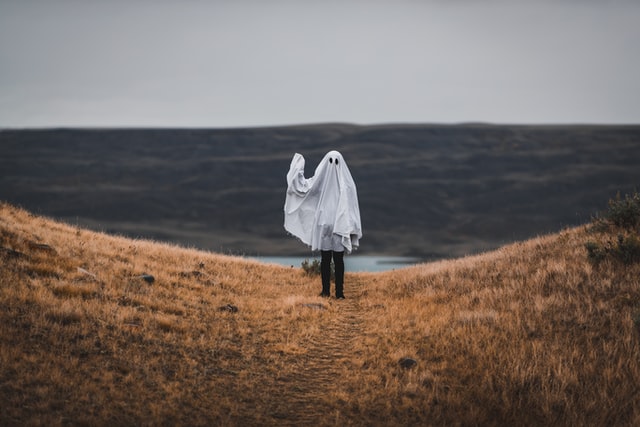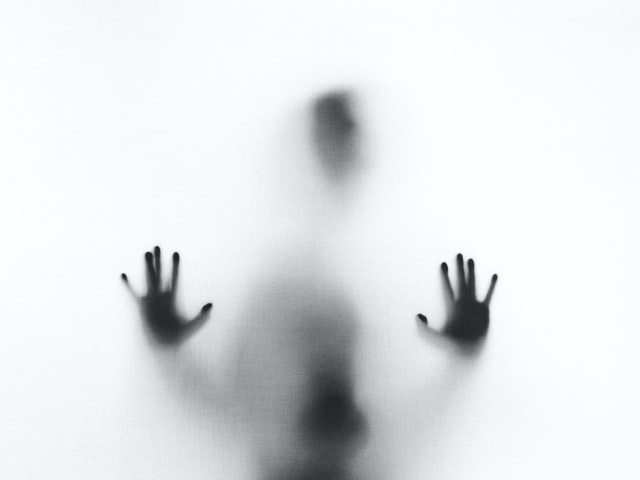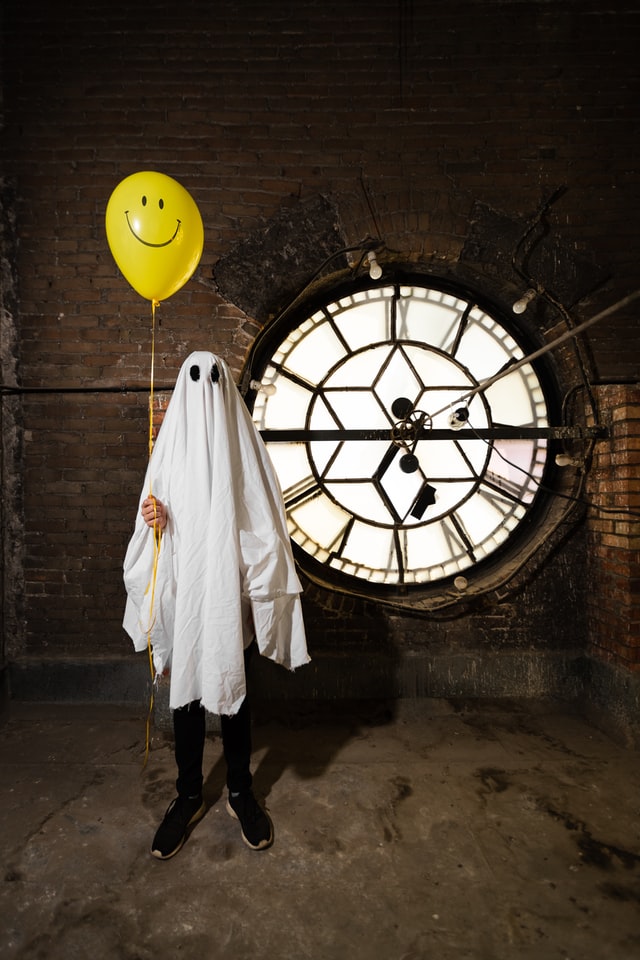Talking About Ghosts In German Posted by Constanze on Aug 18, 2021 in Language
Guten Tag! Today’s post is a spooky one, as we’re talking all about ghosts! I’ll give you a variety of vocabulary on the subject throughout the post, and hopefully clear up some of the confusion about the two main words for ‘ghost’ in German.
Geist oder Gespenst?
When reading about this subject in German, there are two words you will come across a lot:
der Geist
das Gespenst
Both of these words mean ‘ghost’, and although they are used interchangeably at times, there is a slight difference between the two:
Das Gespenst is the classic ghost, spook, or spectre. It is often used in kids’ TV shows and books.
Der Geist, while also referring to a ghost/spook/spectre, is slightly more varied in meaning. For example, it also refers to the spirit in a religious sense (the Holy Spirit in German is der Heiliger Geist), and to a person’s psyche or mindset; a free spirited person would be described as freigeistig in German. The word der Zeitgeist is another example; this word translates to ‘the spirit of the times’.
For the sake of keeping things simple: Der Geist encompasses the broader meaning of ‘spirit’, while das Gespenst is a straight-forward ghost.
Glaubst du an Gespenster? – Do you believe in ghosts?
Although there is no hard evidence to prove the existence of ghosts, lots of people believe in them! Are you one of them? If so, what do you believe? One thing I find interesting is the different beliefs and Aberglauben (superstitions) people have surrounding ghosts and das Leben nach dem Tod (the afterlife). While some believe ghosts are the spirits of dead human beings, others believe they are non-human Lebensformen (lifeforms) that live alongside us. Some ghosts are böse (malevolent), whilst others are gütig/wohlwollend (benevolent), and some – the worst kind – are demons (der Dämon – demon). The horror film Insidious comes to mind! Here is the German trailer for this film:
INSIDIOUS | Trailer deutsch german [HD] – YouTube
Du siehst aus, als hättest du einen Geist gesehen – You look like you’ve seen a ghost
Ghost stories
Whether you believe in ghosts or not, a good ghost story is always fun to hear and to tell! In German, a ghost story is called die Geistergeschichte, die Gespenstgeschichte, or die Spukgeschichte, where the word der Spuk is the equivalent of the English ‘spook’.
To finish, here is a short Spukgeschichte you can listen to in German- auto-generated English subtitles are also available on the video:
Ich sah etwas, dem ich nachgehen musste! ☠ Creepypasta german / deutsch – YouTube
I hope you’ve enjoyed this post, and that it wasn’t too gruselig (scary)!!
Bis bald
Constanze
PS. If you liked this post, you might also like this one: Germany’s Most Famous Witch

Build vocabulary, practice pronunciation, and more with Transparent Language Online. Available anytime, anywhere, on any device.







Comments:
Allan Mahnke:
I thoroughly enjoyed this post (especially the link – a great story!) I look forward to exploring the Seelensplitter posts!
There is another word we use commonly in English whose German background I don’t think most Americans (or probably all English speakers) understand: Poltergeist.
I have a favorite author in this genre: Sebastian Fitzek. I would read anything he writes.
Constanze:
@Allan Mahnke Thanks, Allan! I meant to include something about the word Poltergeist, but completely forgot! Glad you’ve mentioned it in a comment, instead! 🙂